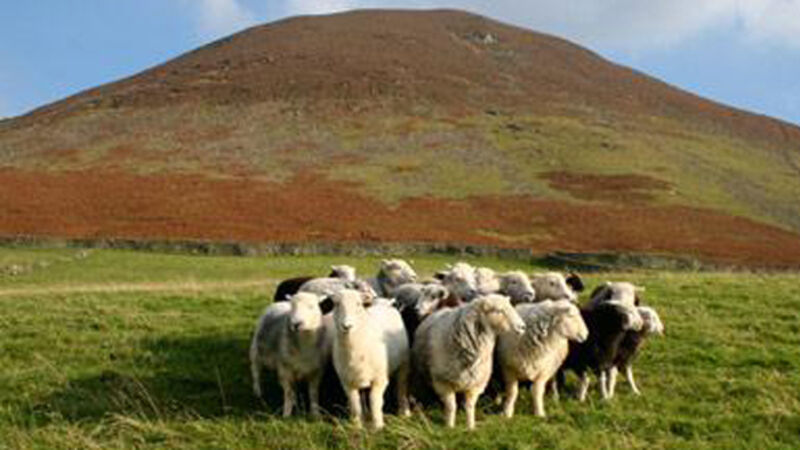Farmers frustrated by joint committee on agriculture

Paul Dillon from the organic unit addressed supports, double funding, payment delays and certification bodies.
Dillon pointed to the 60% increase in payments, the targeting of tillage and red clover and the general success of the scheme this year, with “870 applications in its first tranche.










